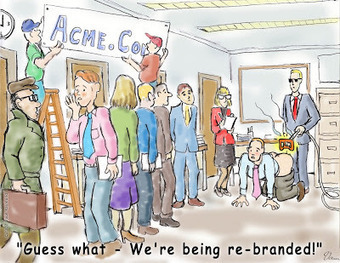Harvard Professor of public policy Iris Bohnet says "I did not find a single study that found that diversity training in fact leads to more diversity”. This is not surprising, as decades of research have shown that diversity training is literally a waste of time and money. It is really hard to change minds and attitudes and harder still to get. People to take positive or avoid negative actions to see these things through. So no matter that $8 billion is spent a year (2016) and that figure increased dramatically in the following years when the unconscious bias movement was sprung upon us. The Black Lives Matter movement has raised awareness of the problem further, on a global scale but we would be ill-advised to see ‘diversity training’ as the solution to such a serious problem.
Research and publish the best content.
Get Started for FREE
Sign up with Facebook Sign up with X
I don't have a Facebook or a X account
Already have an account: Login
Literacy in a digital education world and peripheral issues.
Curated by
Elizabeth E Charles
 Your new post is loading... Your new post is loading...
 Your new post is loading... Your new post is loading...
|
|

















